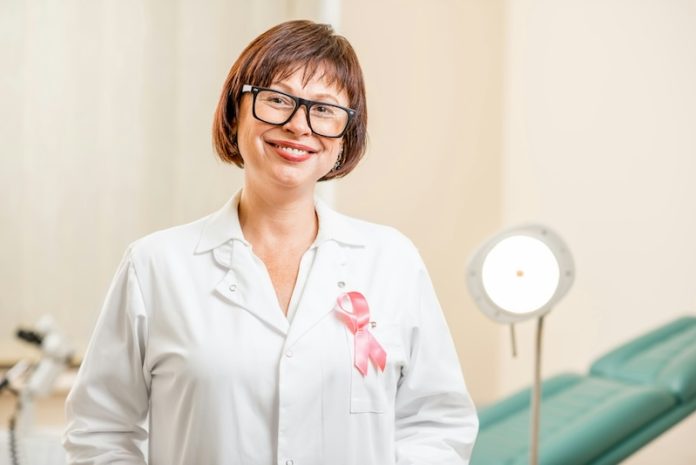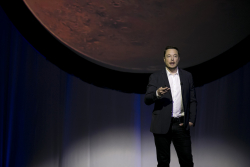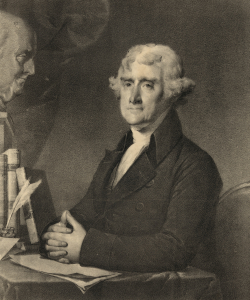
Detecting breast cancer in its very early stages is often difficult with traditional mammograms, but a promising new technology could change that.
Scottish researchers have combined artificial intelligence (AI) with advanced laser analysis to identify subtle changes in blood that may indicate the earliest signs of breast cancer.
This breakthrough, published in the Journal of Biophotonics, could improve early diagnosis and save lives.
The study, led by Andy Downes, a senior lecturer in engineering at the University of Edinburgh, focuses on a technique that analyzes blood plasma using laser beams.
The technology, called Raman spectroscopy, works by examining how laser light interacts with the blood. Even small changes in the chemical composition of cells and tissues can reveal clues about the presence of cancer.
AI plays a critical role in this process by rapidly and accurately interpreting the data. In a small-scale study of 24 blood samples—12 from breast cancer patients and 12 from healthy individuals—the technology achieved remarkable results.
It correctly identified stage 1a breast cancers, the earliest stage, with an accuracy of 98%. It was also 90% effective in distinguishing between the four major types of breast cancer, a vital step for tailoring treatment to individual patients.
This kind of precision is critical. Identifying cancer at such an early stage makes treatment decisions much easier and significantly increases the chances of survival.
As Downes noted, most cancer-related deaths occur when the disease is diagnosed late, after symptoms have become apparent. A tool that can detect cancers early could potentially save many lives.
The implications of this technology go beyond breast cancer. Downes believes the same approach could be applied to other cancer types. By building a database of results for various cancers, this method could evolve into a multi-cancer screening tool.
Though the findings are still preliminary, the potential is clear. The ability to detect cancer early, combined with AI’s speed and accuracy, marks a significant step forward in cancer diagnostics.
Researchers are optimistic that this technology will lead to better outcomes not just for breast cancer patients, but for people with many types of cancer in the future.
If you care about cancer, please read studies about a new method to treat cancer effectively, and this low-dose, four-drug combo may block cancer spread.
For more information about cancer prevention, please see recent studies about nutrient in fish that can be a poison for cancer, and results showing this daily vitamin is critical to cancer prevention.
The research findings can be found in the Journal of Biophotonics.
Copyright © 2024 Knowridge Science Report. All rights reserved.








Leave a Comment